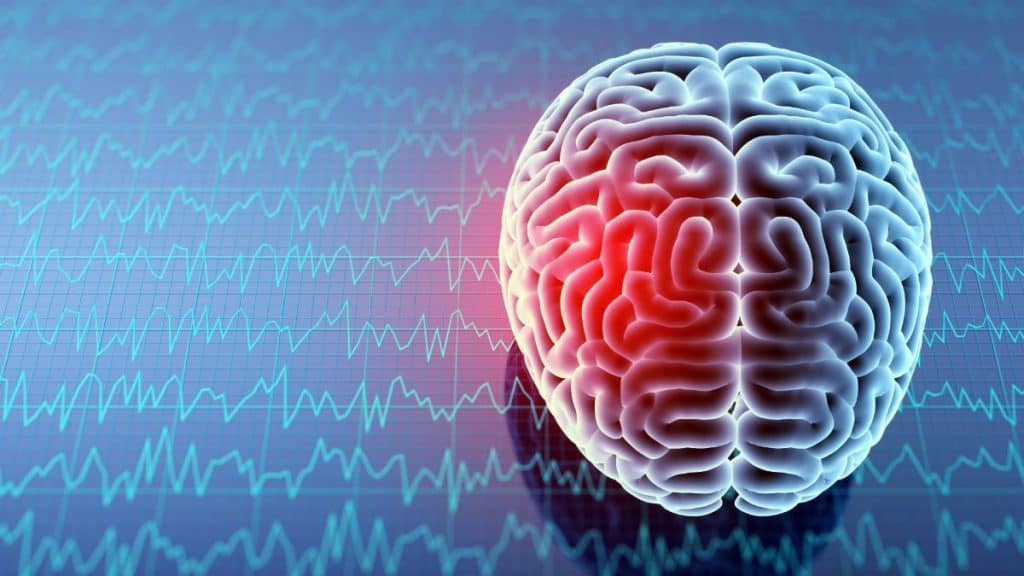A new study in JAMA Network Open examined the data of over 20,000 participants of both genders from the English Longitudinal Study of Aging or the China Health and Retirement Longitudinal Study.
According to researchers, too much or too little amount of sleep may contribute to a decline in thinking, however, more research is needed to get a better comprehension of this purported association.
“Cognitive function should be monitored in individuals with insufficient or excessive sleep,” researchers stated in a news release.
During the study, the participants were assessed for sleep habits and cognitive function.
After initiating a follow-up, researchers noticed that the participants with poor cognitive scores had four or fewer hours of sleep or 10 or more hours of sleep each night.
“An increasing number of studies have found a U-shaped relationship between sleep duration and cognition, where both short and long sleep duration was associated with worse cognition,” the news release states.
“It has been almost two decades since sleep duration was first suggested to be linked with cognitive health in older adults. Better study design and more valid and reliable measurements are needed to help clarify this relationship.”


